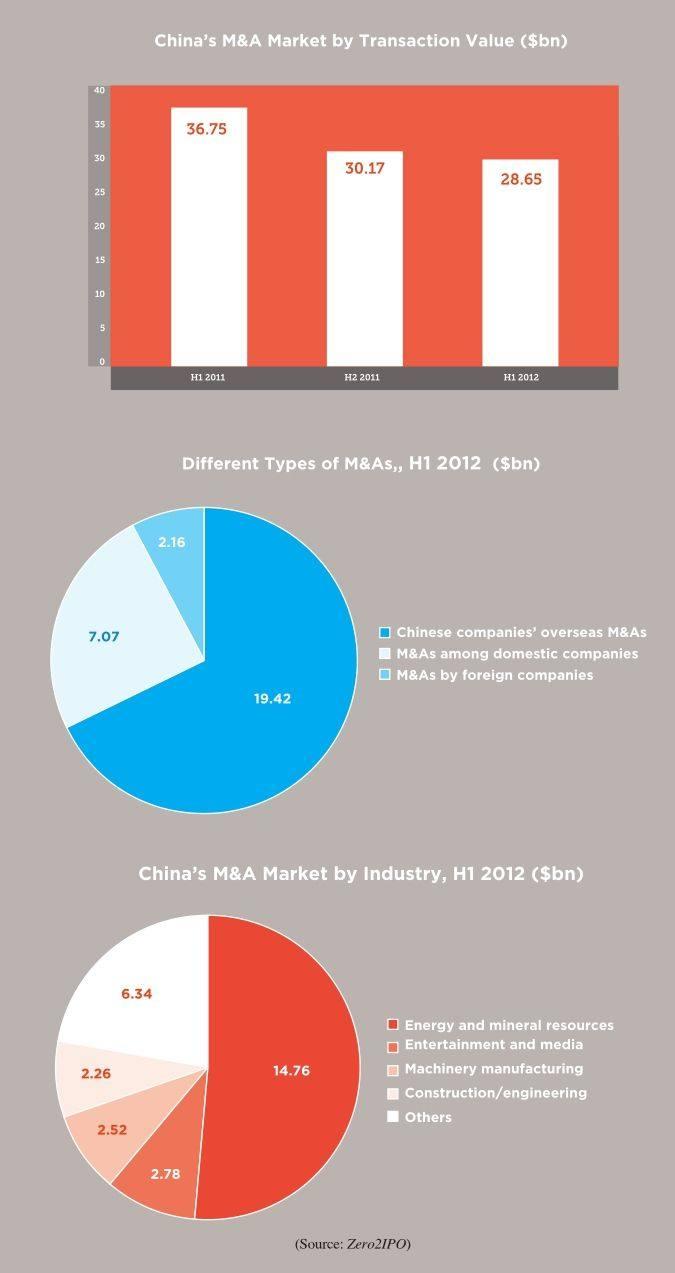Tackling Overcapacity
2012-04-29

In June, Chinas producer price index (PPI), a gauge of inflation at the wholesale level, declined 2.1 percent year on year, according to the National Bureau of Statistics. This is the fourth consecutive month the PPI has taken a hit, indicating that price decreases caused by shrinking demand are reaching a level of severity.
In fact, the world economy is facing the contradiction between insufficient effective demand and overcapacity. If we loosen monetary policy or expand investment, overcapacity will be intensified. For the real economy, short-term stimulus can hardly solve the long-term structural problems.
The reasons for the overall decline of global manufacturing include:
First, both the United States and EU are mired in debt, causing less demand. Most enterprises have a cautious attitude toward purchasing raw materials, leading to sluggish demand and companies reluctance for re-stocking.
Second, the imbalance between demand and supply has yet to be solved. De-leveraging is a must after each crisis. The subprime mortgage crisis ended up with de-leveraging of residents while the euro zone sovereign debt crisis caused de-leveraging of government departments. Deleveraging is changing the structure of global demand. After the financial crisis, weak consumption demand has substantially restricted the recovery of developed countries. The balance sheet of families in developed countries took a heavy blow and their consumption demand has thus nose-dived. De-leveraging of family assets has affected the debt-based consumption pattern in developed countries.
The supply shortage caused by the financial crisis can hardly be filled. The United States, Japan and Europe are now trapped in insufficient demand worth $1 trillion. The whole world expects emerging economies in Asia to take the baton and Chinese domestic consumption to be the major force in the global economic recovery, but the increase in China can hardly make up the shrink of U.S. consumption. In China, household consumption only accounts for about 35 percent of the GDP. Individual consumption in the United States totaled $10 trillion, while that in China only stood at $1.6 trillion. In the long run, if all governments continue to stimulate investment by lowering the interest rate, the world economy will inevitably face a crisis caused by shrinking demand and overcapacity.
For China, overcapacity has been a lingering problem throughout its economic development. Severe overcapacity appeared in 1996-99 and in 2005. Different from the previous two rounds, the overcapacity we are facing now is a general surplus in heavy industry.
Early in 2006, the State Council listed 10 sectors with excess capacity. By 2009, the number had almost doubled to 19. Right now, Chinas manufacturing sector has 28 percent excess capacity on average. Severe overcapacity has appeared in not only traditional sectors, such as steel, cement, auto making and textile, but also some emerging industries, such as wind power facilities and polysilicon.
To tackle excess capacity, policies should never focus on loosening monetary policy or expanding investment, but on eliminating outdated capacity, improving overall competitiveness and forging a solid foundation for next-round development. Meanwhile, we should sustain the market demand to ensure that advanced capacity can survive.
Most importantly, China should alter its dependence on investment. Otherwise, during the process of de-leveraging of global demand, excess capacity will be a bigger challenge and threat than the slowdown of economic growth.
Market Expansion
Beverage and food giant Pepsi will open a bottling plant in Zhengzhou, capital of central Chinas Henan Province, together with Tingyi(Cayman Islands) Holding Corp., a Chinese instant-noodle maker.
This is the first joint investment plant in their strategic alliance. The plant will produce bottled water and other nonalcoholic drinks.
At the end of 2011, Tingyi reached an agreement with Pepsi to make Tingyis beverage subsidiary the U.S. companys franchise bottler in China.
“We have about 25 bottling plants, but now with the Tingyi system, we have over 70 plants in the country,” said Tim Minges, Chairman of Pepsi (Greater China).
As part of the companys plans to expand into central and west China, Pepsi opened a new potato chip plant in Wuhan, Hubei Province, on July 10. The plant will produce about 15,000 tons of Lays potato chips annually.
Sino-Italian Shipping
The Sino-Italian shipping collaboration would grow on the back of increasing synergies between Italys Port of La Spezia and China Ocean Shipping Co. (COSCO), executives of the two entities said in La Spezia on July 10.
A new West Africa Service was launched by COSCO, the COSCO branch involved in container business, in the Port of La Spezia, Italys second largest port for origin and final destination of goods, which boasts 1.3 million containers per year.
Three COSCO ships stopped from Monday to Wednesday in the La Spezia Container Terminal (LSCT), moving over 4,000 TEUs.
The West Africa Service will add to a series of weekly services offered by COSCO from La Spezia to North America, the Far East, Australia, West Africa, Israel, Greece, Turkey and the Black Sea, according to Marco Donati, General Manager of COSCO Italy.
